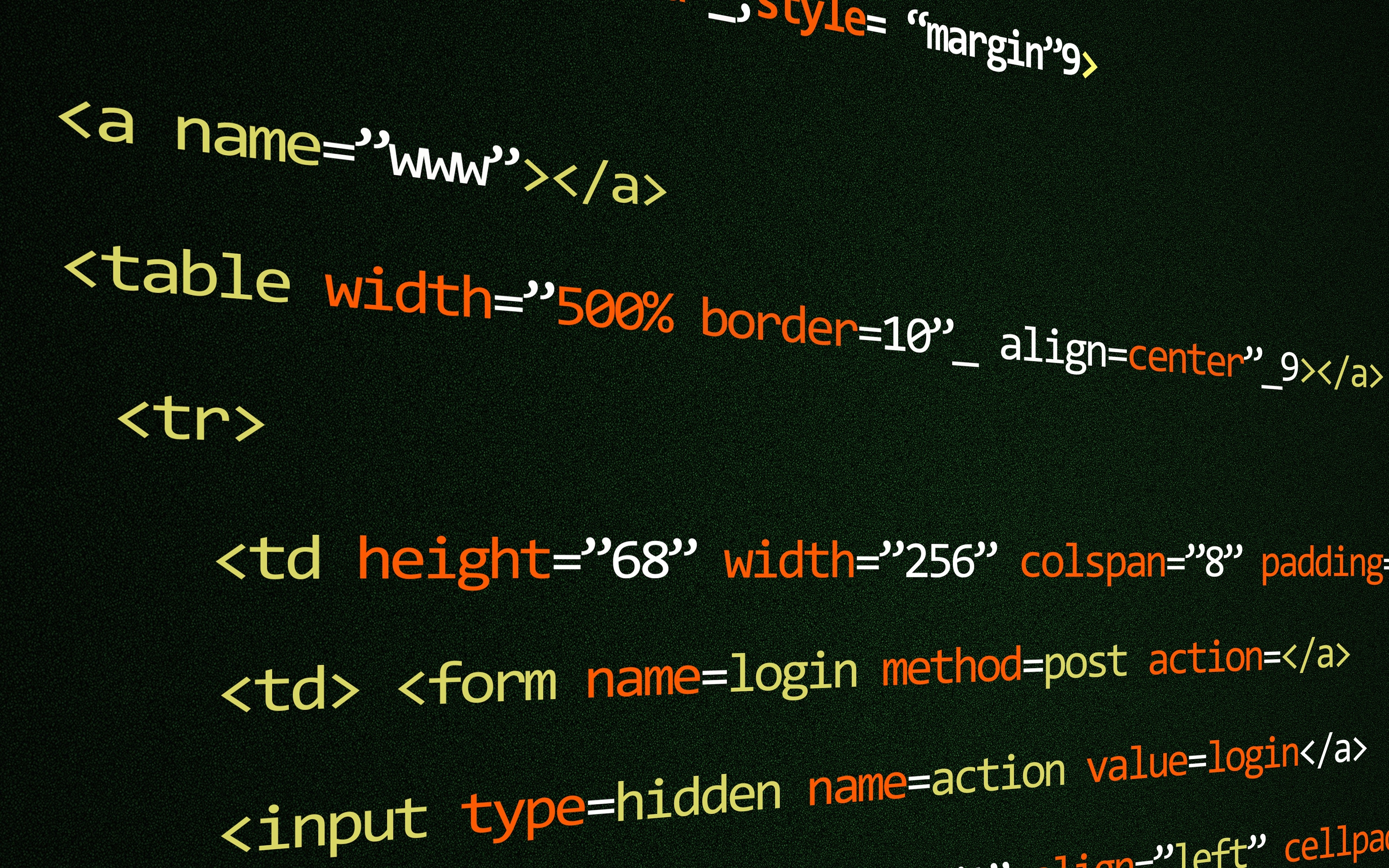The Best Music Therapists Make Mistakes (or, What Coding Taught Me About Music Therapy)

“So, why would a music therapist want to learn how to code?”
This question was posed to me at 8:30p on a Friday night in a quiet, nondescript office building just south of downtown Portland. I’m sitting in a room with five other men, and we’re on break from an “Introduction to Programming” class being offered by a local code school, PDX Code Guild (they’re great!) And this question is totally fair because my profession and my interest in learning to code don’t typically go together. My answer has partly to do with (hopefully) upping my chances of being accepted to a to-be-determined PhD program. From doctoral students I’ve spoken with, coding is a helpful skill to have. The other part of my answer has to do with plain curiosity about this STEM skill that seems to be mentioned everywhere nowadays. I took the class hoping to get a feel for this mysterious skill. What I didn’t expect was to develop a completely new perspective on learning.
The class was a short intro (3 days/week for 2 weeks), but right from the beginning I felt super welcomed. Initially, I was a little nervous being was the only woman taking the class and because my coding experience up to then was limited to knowing three or four html codes to format my blog posts. The culture at PDX Code Guild, I was relieved to find, is super friendly and accomodating. Lessons were balanced between interactive, group coding experiences and individual labs to apply those skills. And during the group lessons, it wasn’t unusual for the teacher to overlook something himself so that we could practice troubleshooting all together. Even though most of the labs were creating very simple games (e.g., punctuation emoticon generator, rock/paper/scissors game) I was having a lot of fun!
By the end of the first week, I realized that I was genuinely reslishing something I had never appreciated before: making mistakes. I know that sounds weird. Making a mistake, being wrong about something means that I did something incompetently. Why would doing something badly be enjoyable and exciting? Something I appreciate about coding is that it’s so logical, that instructions to the computer need to happen in a certain order for your program to run. But how you build those instructions can be done any number of ways. I hadn’t realized how much creative freedom you can have in problem-solving via coding. And every time I made a small mistake and the program wouldn’t run, I had to go back, think through my ideas, and make adjustments. The immediate feedback and the challenge of translating my ideas into programming syntax made me want to perpetually try new, more streamlined ways of doing things. And when my program ran successfully it was thrilling!
This insight that better, more meaningful learning happens when you make a mistake felt revolutionary to my work as a music therapist. Granted, there are way more variables to juggle in music therapy, and our clients probably won’t respond as immediately or lineally as a computer program. But essentially, creative problem-solving is an essential part of music therapy. When I’m planning a session to reach a clinical goal, when I’m building the session when a client, or when I’m trying a new intervention, these are all times when something unintentional might happen. But, these moments of miscalculation may even bring a pleasant surprise. At the very least, mistakes give me important information that I didn’t have before. And with that information I can improve my facilitation or approach. Of course, the scope of mistakes in music therapy has its limits. Making too big of a mistake, not monitoring a situation closely, or failing to respond appropriately has the potential to result in harm. That’s the importance of clinical training: to recognize and reduce instances harmful outcomes to clients.
That being said, though, I really want to incorporate the safety I felt to make measured mistakes into my work as a music therapy supervisor for my future students. From coding, I felt like if I made a mistake, I was less likely to do it again. Making mistakes helped me remember a coding rule or concept better because I had experience with applying it and misapplying it. I think the same idea applies to being a music therapy student. For example, if a student is leading a song discussion and they completely forget the questions they had prepared in their session plan, that can feel scary. But, making this mistake might lead them to rely on reading the clients’ body language more and pay attention to shaping the discussion in a way that’s more responsive in the moment. Heck, the spontaneous discussion may flow more smoothly and better meet the clients where they’re at than the planned questions would have.
Ideally, I want my students to accept that they will do the wrong thing sometimes, not get self-conscious, and move on to try something new. That sentence is deceptively simple and music therapy training and practice is not that direct. But, learning to embrace and making mistakes can lead us to be better music therapists than if everything went according to plan. Who knew that’s why I want to keep learning how to code?
Page with Comments
Comments are closed.
I love your blog, I am an aspiring Music therapist and i find that there is a lot for me to learn from your experience as a music therapist.